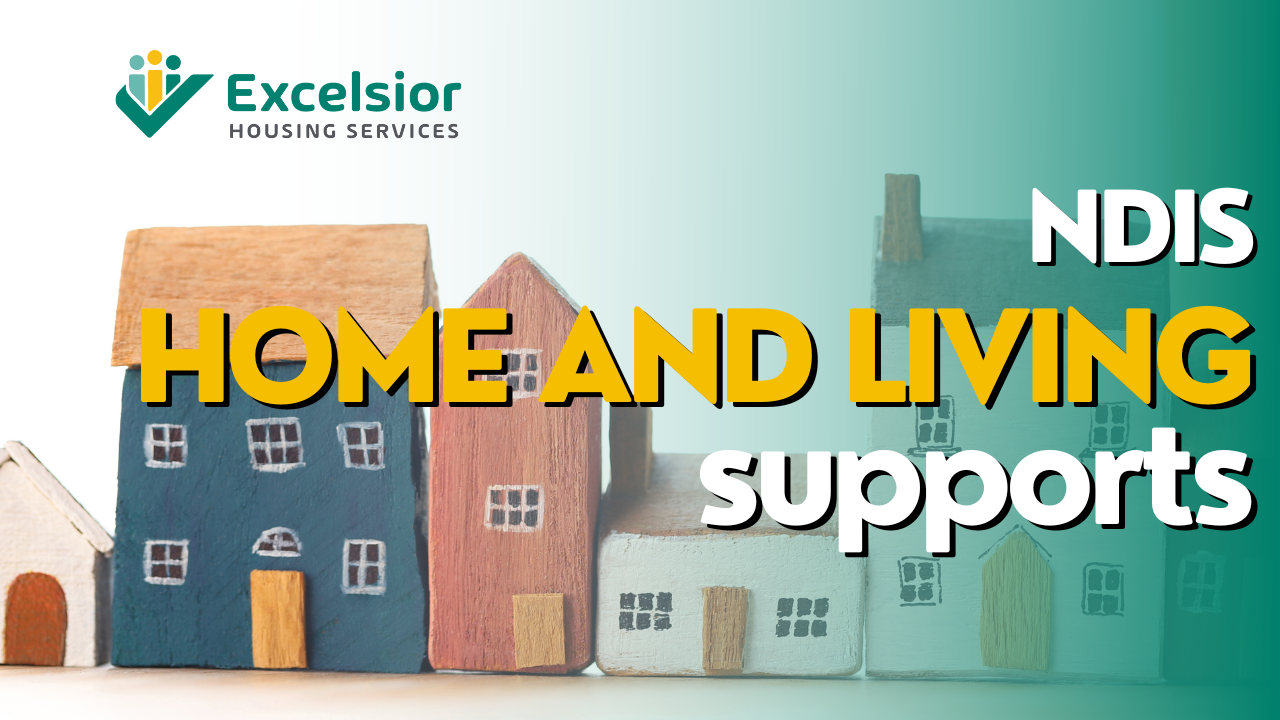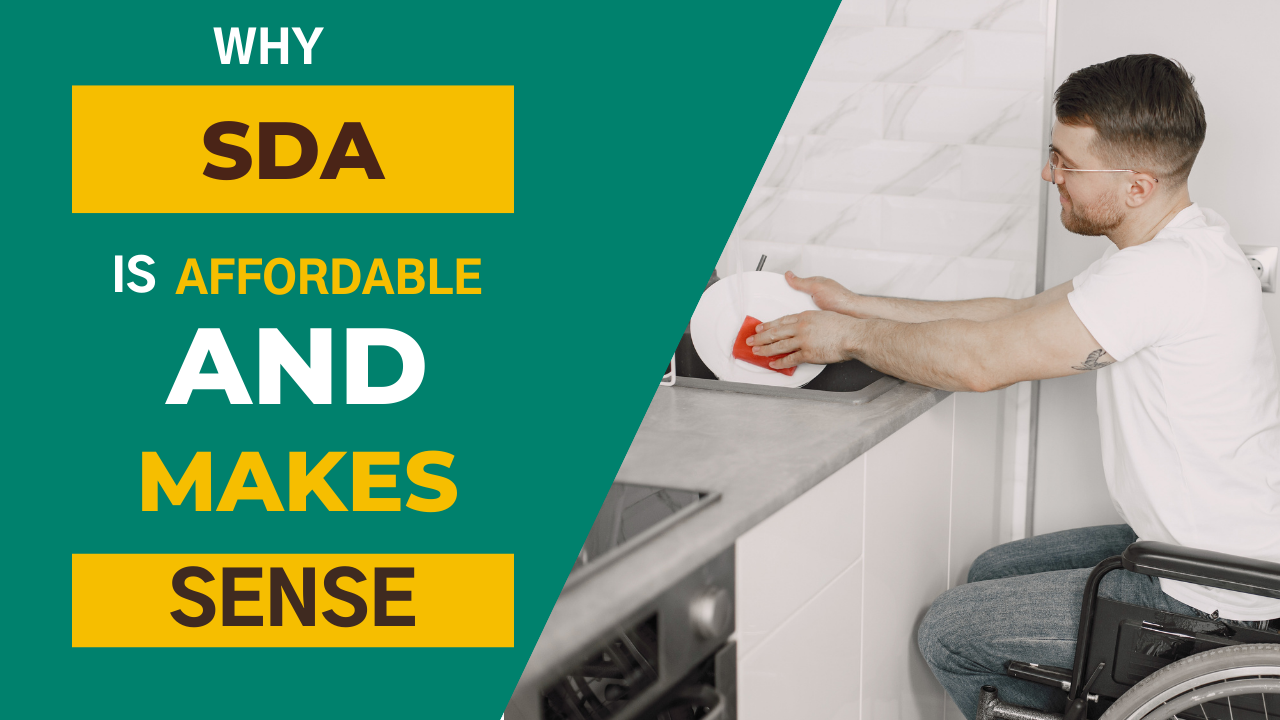Excelsior Housing Services is thrilled to announce the introduction of…

Homelessness and Disability
People with disability are disproportionately affected by homelessness. The Australian Institute of Health and Welfare reports 1 in 12 people who access specialist homelessness services have a disability. Of those, 1 in 3 experience a profound disability (AIHW, 2020).
In my experience, homelessness support services and disability support providers often have difficulty identifying the best response for someone with disability who is experiencing homelessness.
The NDIS is designed to have people with disability access mainstream services such as health, employment, education, justice and homelessness support services.
COAG’s Housing and Community Infrastructure Applied Principle states;
Housing and homelessness services will continue to be responsible for homelessness–specific services, including through homelessness prevention and through outreach and access to temporary and long-term housing for people who are homeless, or at risk of homelessness; and
The NDIS will be responsible for support to assist individuals with disability to live independently in the community, including by building individual capacity to maintain tenancy and support for appropriate behaviour management where this support need is related to the impact of their impairment/s on their functional capacity.
The memorably named Practice Guidelines for Specialist Homelessness Services (SHSS) regarding their interface with the National Disability Insurance Scheme (NDIS) (2020), is an excellent resource for not only Homelessness Support Services, but Support Coordinators, LACs, and anyone supporting a person with disability who is at risk or experiencing homelessness.



